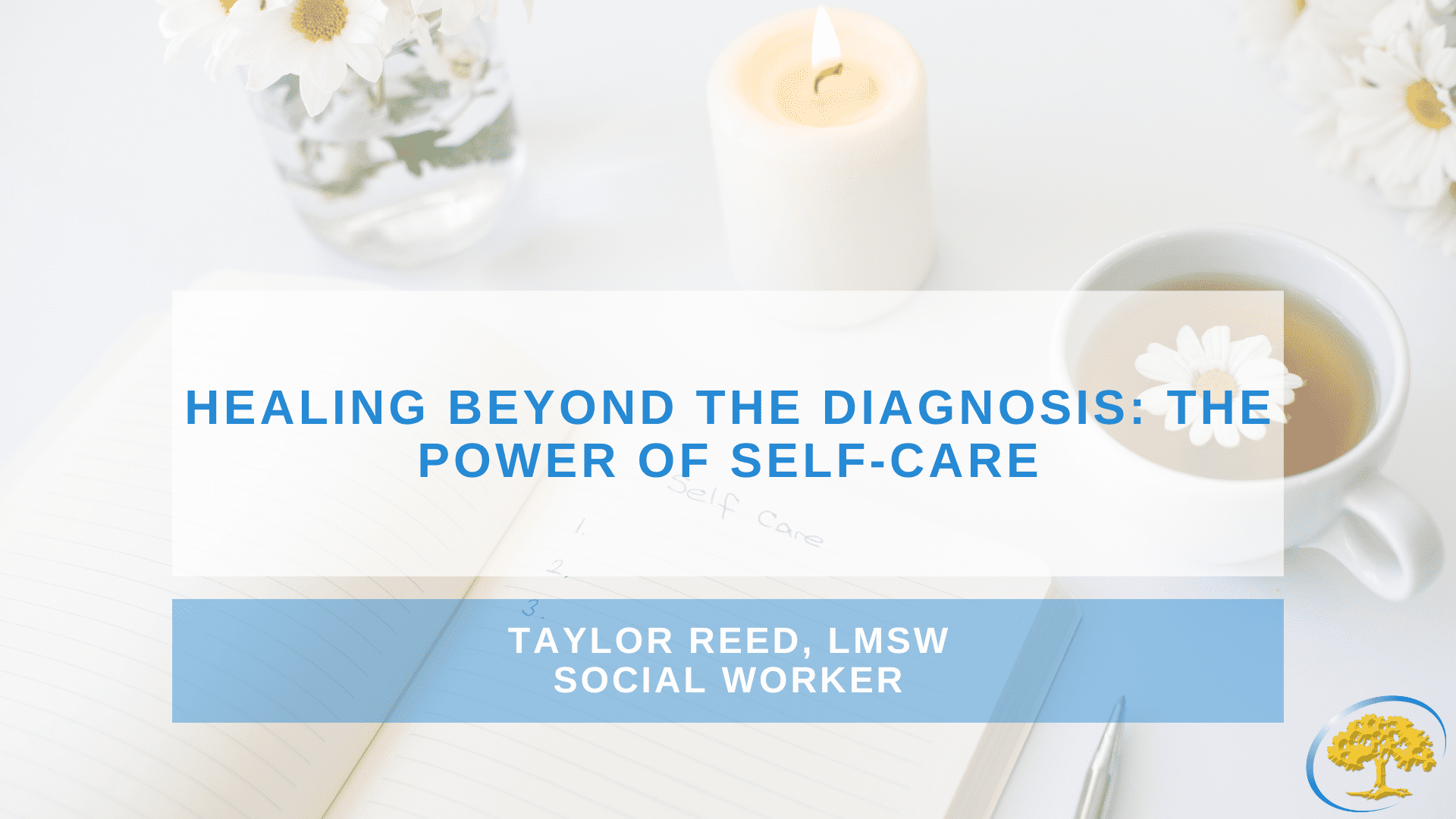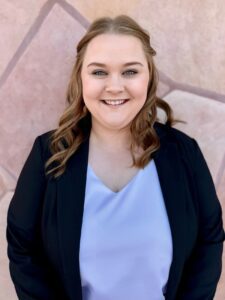
Posted 7 months ago
Healing Beyond the Diagnosis: The Power of Self-Care
A cancer diagnosis can be life-altering, bringing with it a wave of physical, emotional, and psychological challenges. In the midst of medical treatments, appointments, and the demands of everyday life, self-care often gets overlooked. Yet, prioritizing self-care is essential for maintaining well-being and supporting resilience throughout the cancer journey.
One of the biggest misconceptions about self-care is that it has to involve pampering or indulgence; however, it is about engaging in practices that restore energy, reduce stress, and support emotional balance. For cancer patients, self-care may look different than it once did. It can include resting when needed, asking for help, journaling feelings, engaging in spiritual practices, or spending quiet time with loved ones. These actions, however small, play a meaningful role in promoting a sense of control and personal autonomy.
Social workers in oncology settings often work with patients to identify personalized self-care strategies that reflect their needs, preferences, and cultural backgrounds. They provide guidance, connect individuals to support groups, and advocate for resources that make self-care more accessible. Most importantly, social workers reinforce the message that self-care is an essential part of healing; not an act of selfishness, but one of self-preservation and strength.
Emotional care is equally important. Coping with a cancer diagnosis may bring up feelings of fear, anger, grief, or isolation. Creating space to process these emotions through counseling, peer support, or creative expression can help individuals feel more grounded and supported.
Ultimately, self-care empowers patients to focus on what is within their control during a time when much may feel uncertain. By integrating self-care into daily routines, no matter how simple or brief, patients can support their mental, emotional, and physical well-being throughout treatment and recovery.
Recognizing the importance of self-care is a step toward treating not just the disease, but the whole person. It empowers patients to take an active role in their healing, give back to themselves, and ultimately foster lifelong resilience.
Taylor Reed, LMSW
Social Worker for East Valley Offices
Taylor Reed is a Licensed Master Social Worker and an Arizona native. She earned her master’s in social work from the University of Kentucky and holds a double bachelor’s degree in social work and psychology from Northern Arizona University.
Taylor has dedicated her career to supporting individuals and families through hospice care, crisis intervention, and serious illness support. She has experience in grief counseling, care coordination, and connecting patients with essential resources. Her passion is to empower individuals by helping them navigate the challenges of complex medical and mental health diagnoses.”

